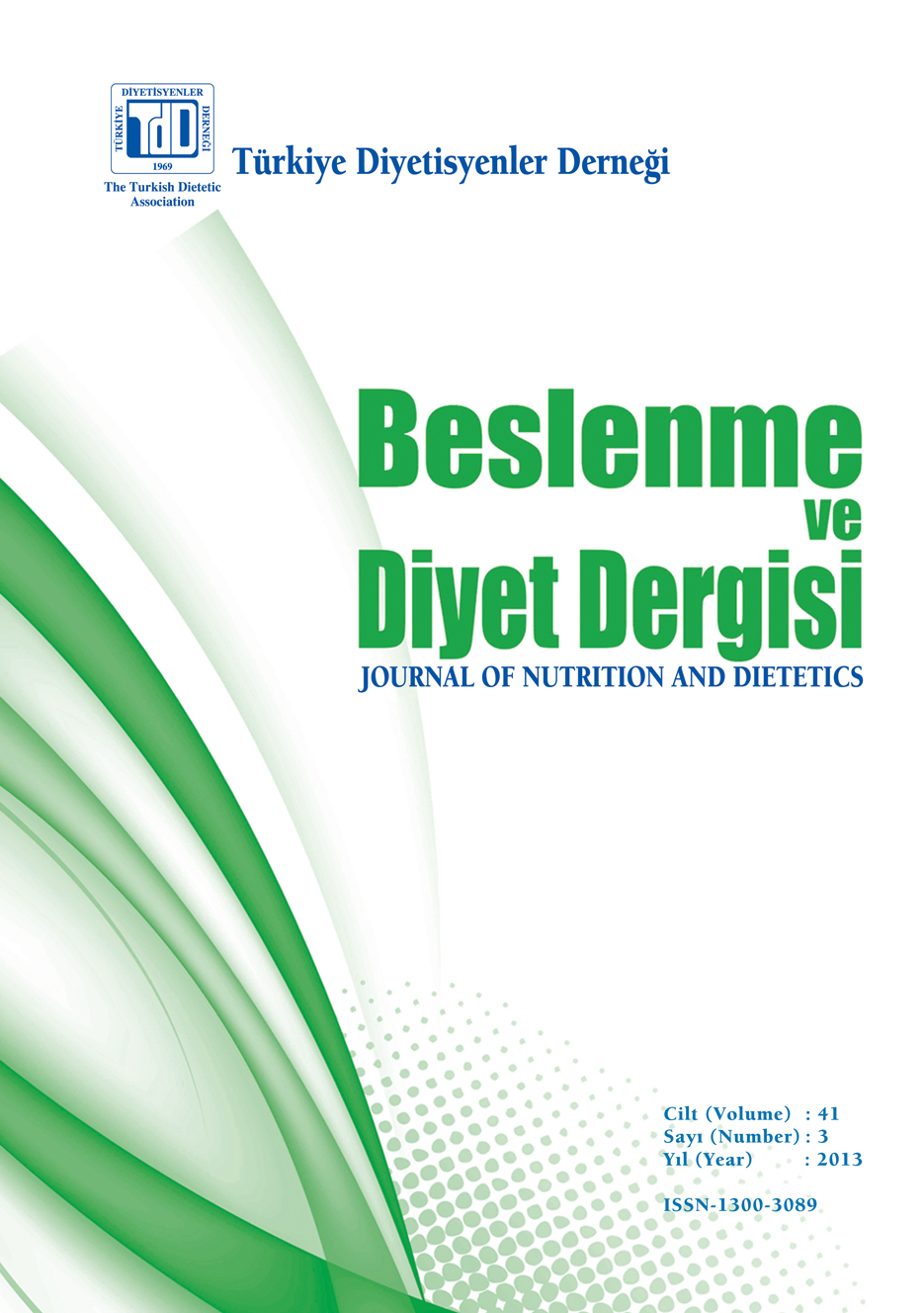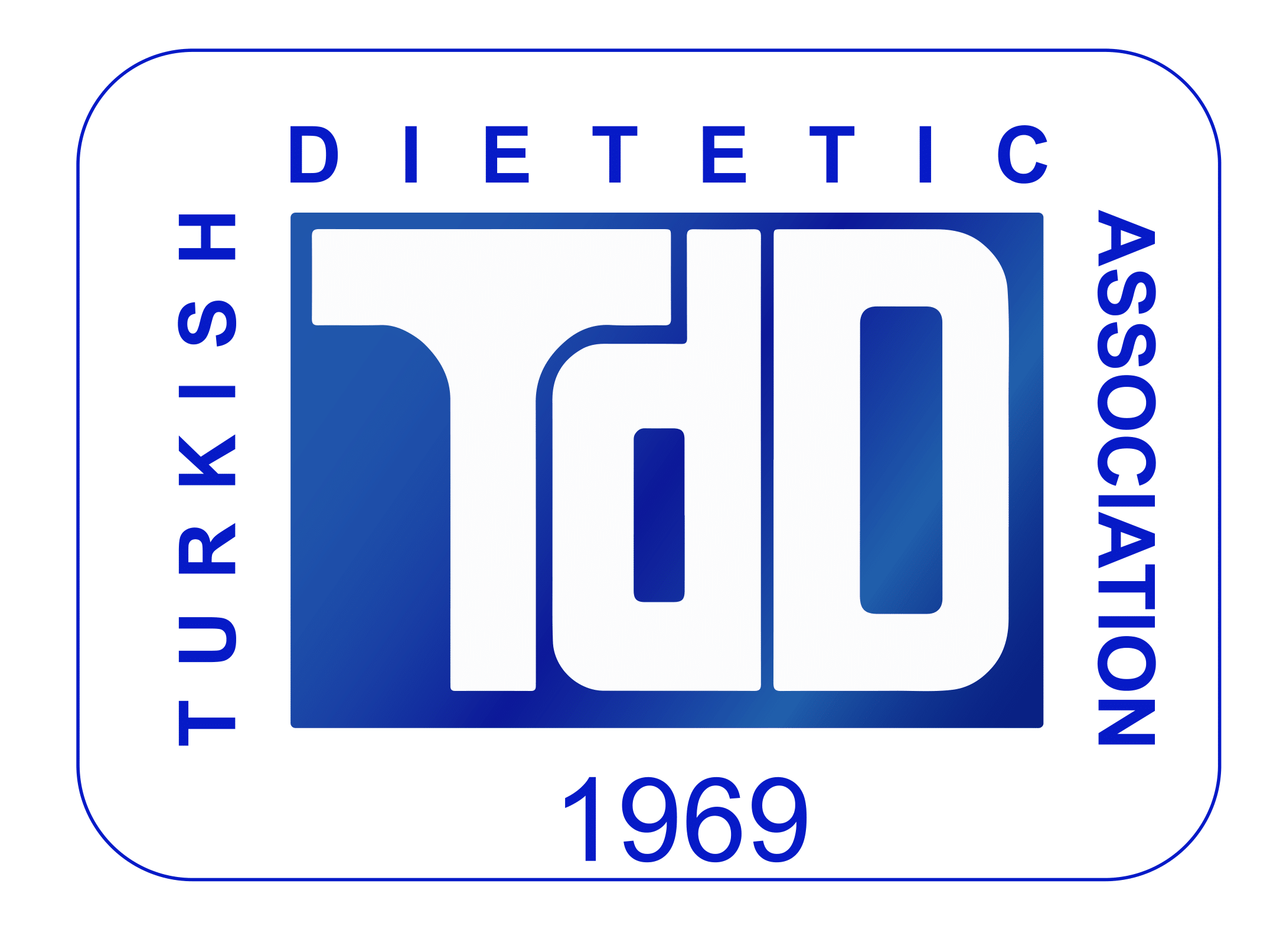Polycystic Ovary Syndrome and Nutrition
Keywords:
Polycystic ovary syndrome, weight loss, nutritional therapyAbstract
Polycystic ovary syndrome (PCOS), is an endocrine disease characterized by hyperandrogenism, insulin resistance, menstrual dysfunction, infertility, hirsutism and abdominal obesity. There is a strong association between PCOS and obesity. The level of various hormones is improved by 5-10% loss of total body weight. In the treatment of PCOS, the dietary and lifestyle interventions should be achieved in addition to the medical treatment. The first step of the treatment should be body weight loss due to more than 50% of women with PCOS are overweight or obese. It is beneficial to increase the number of meals to control blood glucose level as a dietary intervention. While simple carbohydrate content of the diet should be reduced, the diet consisting of foods with low glycemic index should be planned. Additionally, 55-60% of daily energy intake should be from carbohydrates, 15-20% from proteins and less than 30% from fats, and 10% from saturated fats. It is reported that increasing the dietary intake of omega-3 fatty acids lowers the insulin resistance, decreases the level of the androgen hormones and affects the prognosis of the disease positively. As conclusion, to achieve body weight loss and control weight, as the first steps of the treatment, healthy nutritional habits should be a part of lifestyle.

